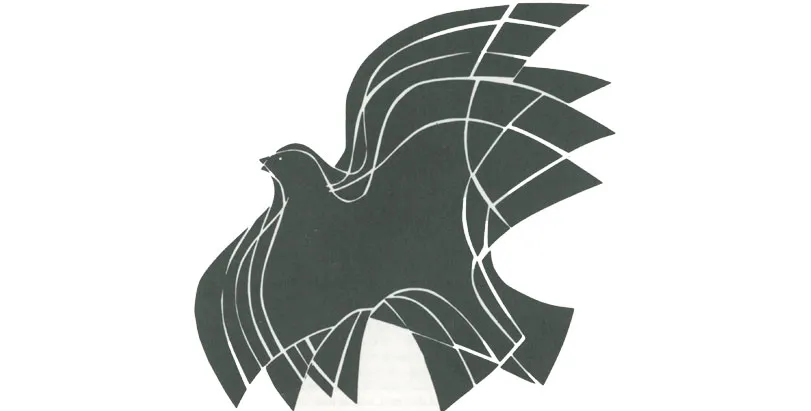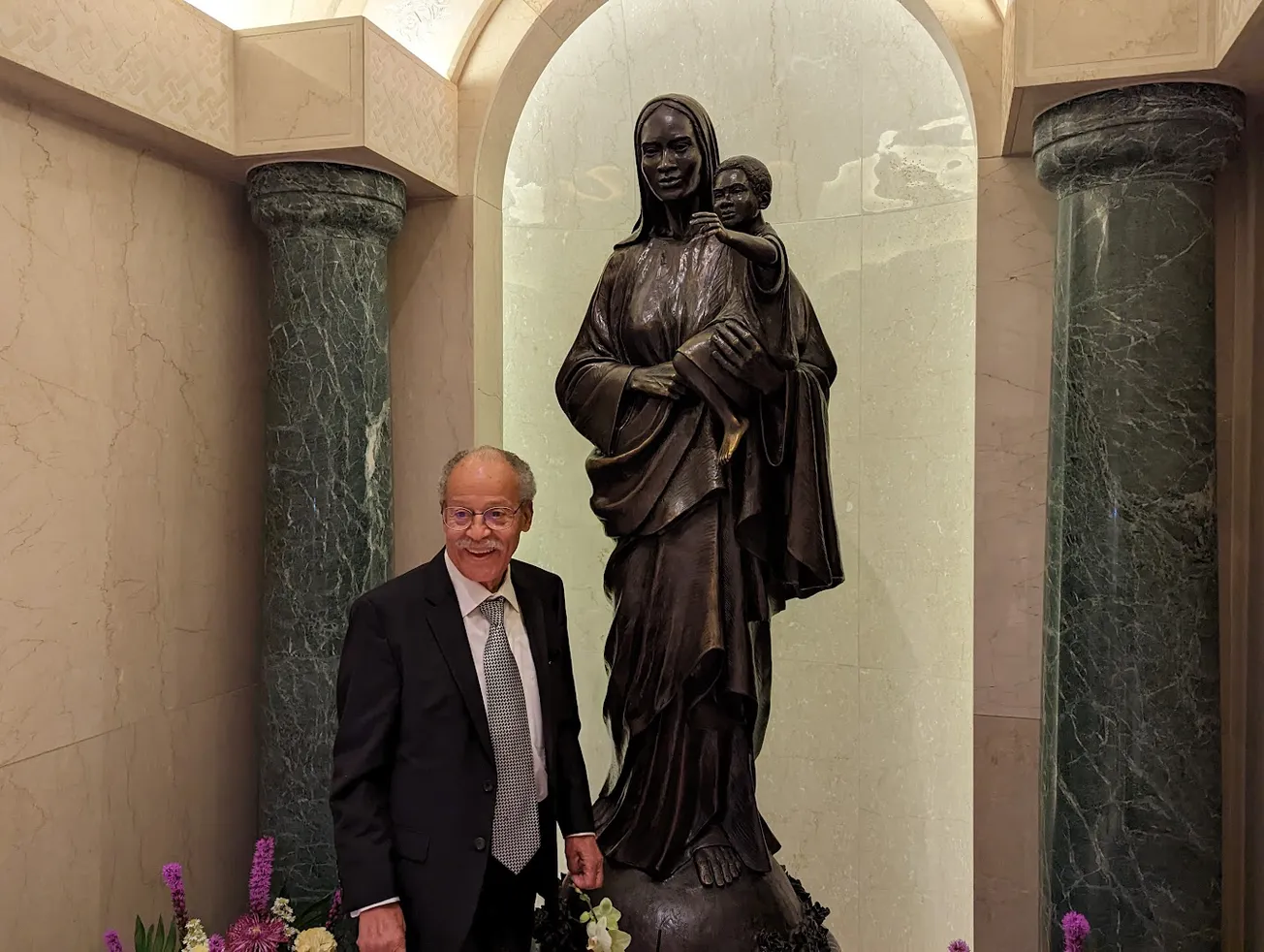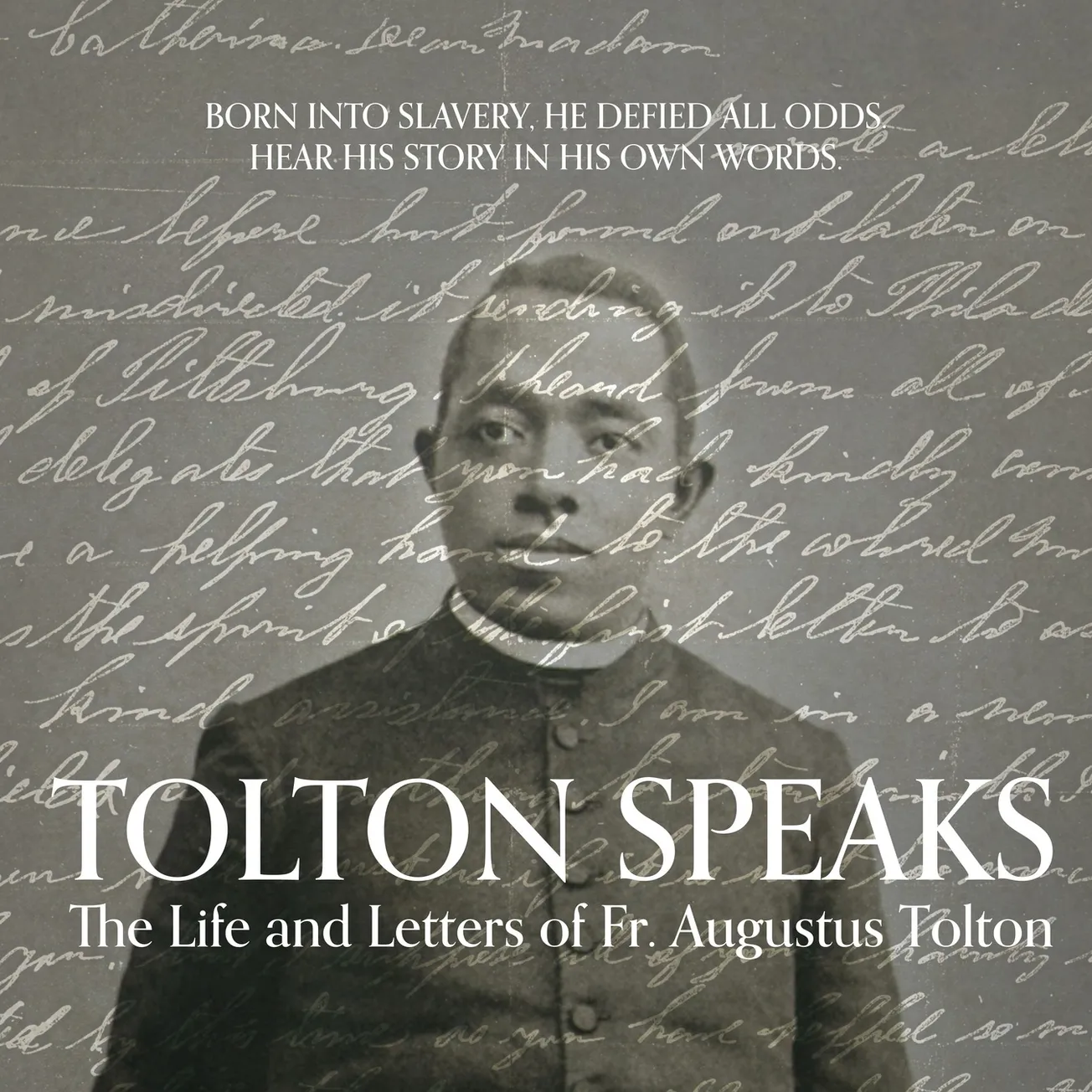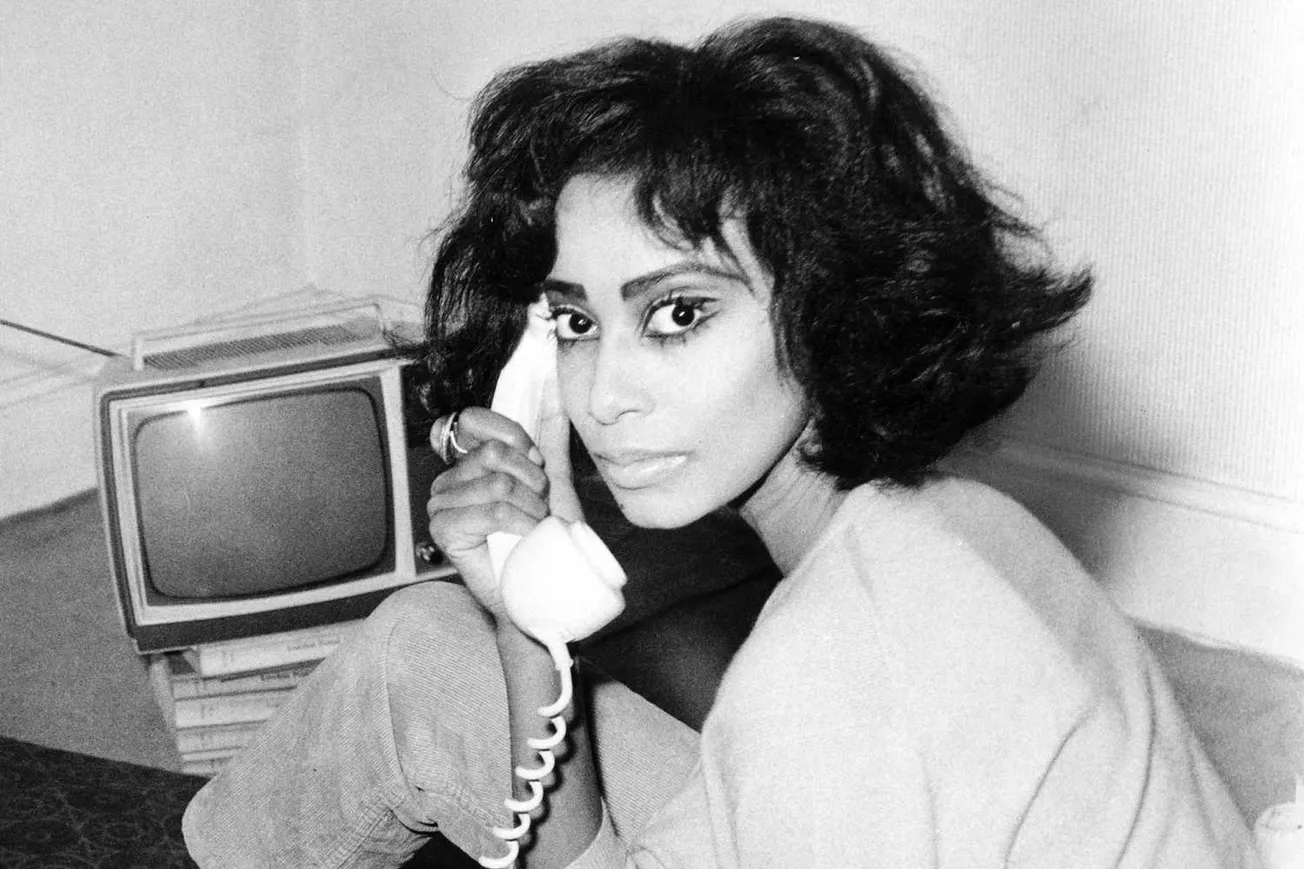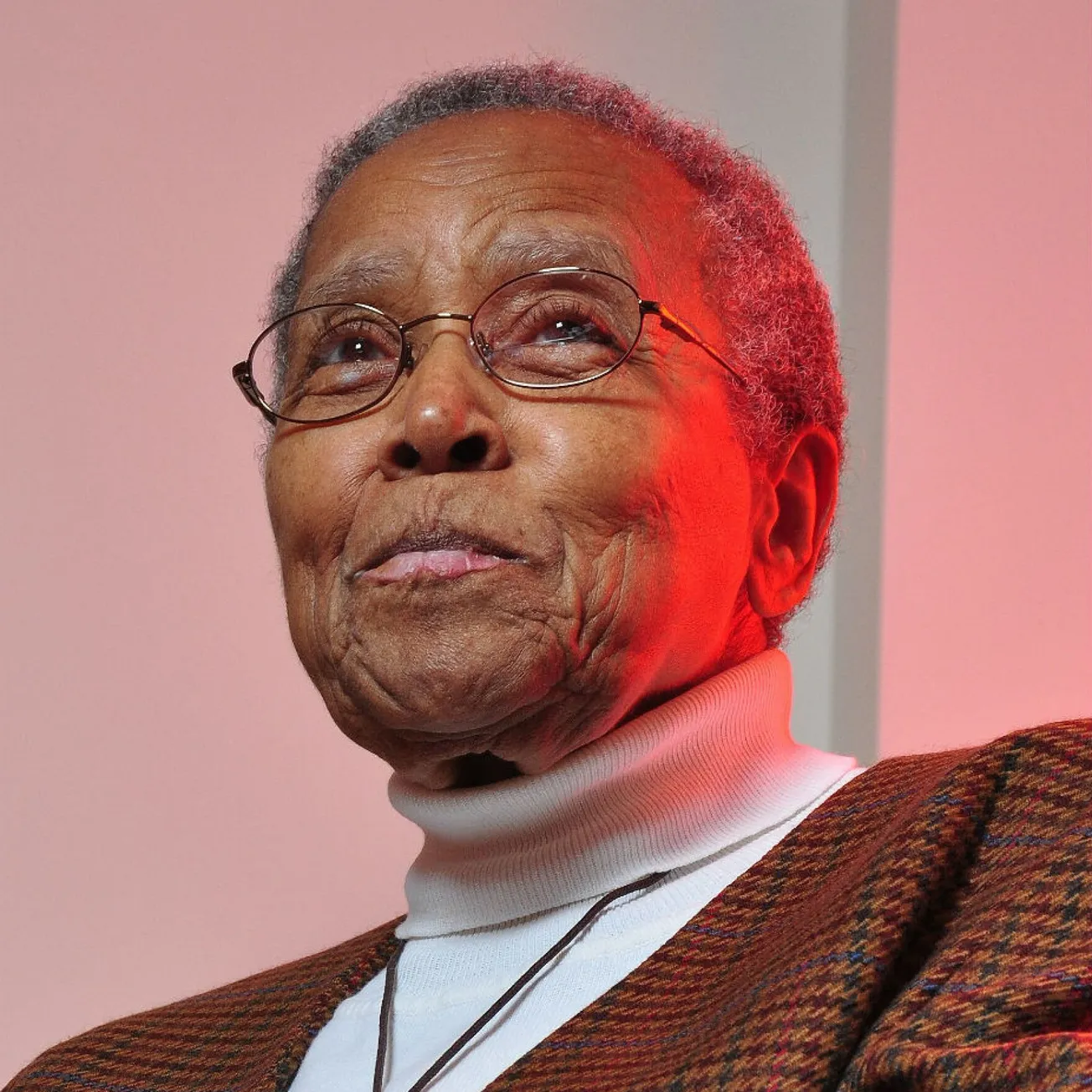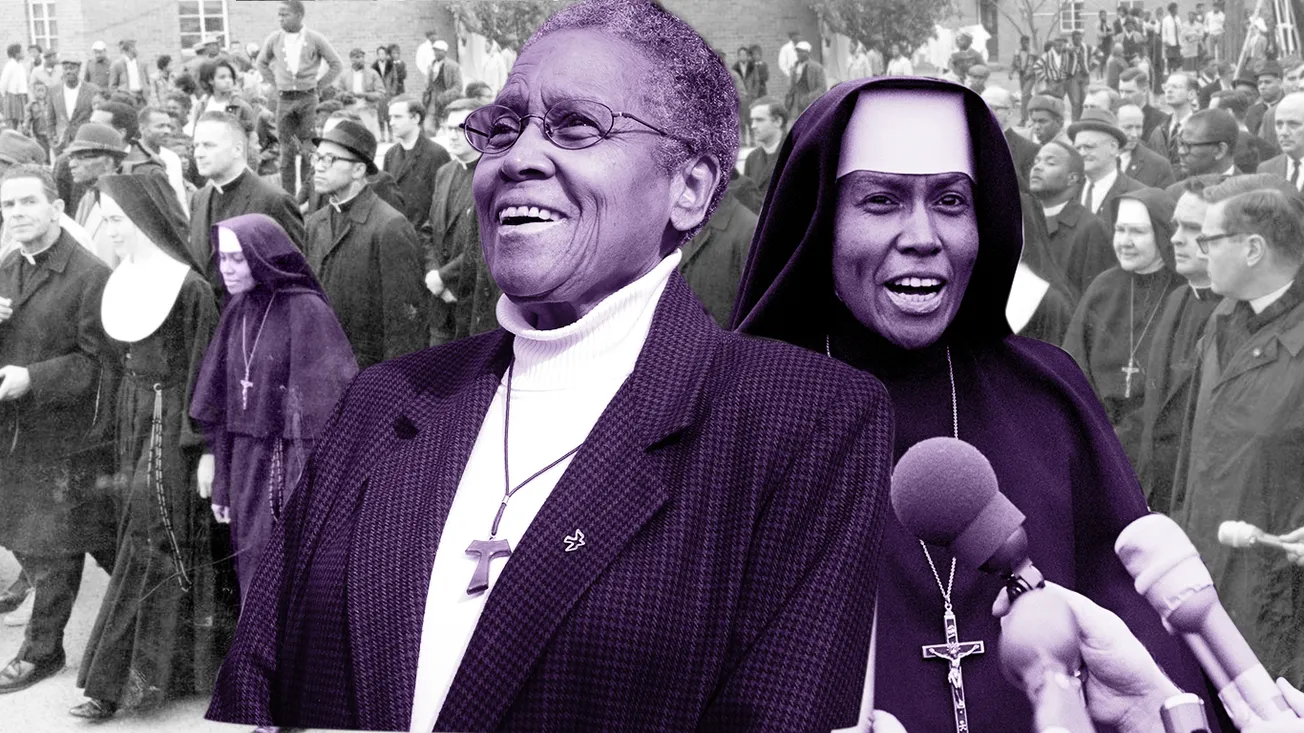In the late 60 and early 1970s, Black Catholics in the United States began to make a series of moves toward an independent voice and structure within the Catholic Church.
While a few such organizations still exist, many of them did not quite come to a lasting fruition, with only remnants of their work remaining, hidden in academic texts and journals and various other places the average Catholic does not dare to tread.
Two such organizations loom large from this period, both of which aimed chiefly to serve laypeople: the National Office of Black Catholics (NOBC), founded 41 years ago this month by Brother Joseph. M. Davis, SM, and the National Black Catholic Lay Caucus founded around the same time.
Background
Both organizations were formed as part of the dawning Black Catholic Movement, kicked off by Fr Herman Porter’s creation of the National Black Catholic Clergy Caucus (NBCCC) in 1968 in Detroit—following the assassination of Martin Luther King, Jr. roughly a week prior—and Sr. Martin de Porres Grey, RSM’s creation of the National Black Sisters’ Conference (NBSC) that same year, after its founder was denied a seat at her brothers’ gathering.
In 1970 came the lay caucus, and thereafter the NOBC (an “umbrella organization” for all the above), rounding out the organized Black Catholic ethos at the time.
Shortly after their founding, the lay caucus, NOBC, and NBCCC sent delegates to the Vatican to demand an investigation into the general situation of Black Catholics in the US, directly accusing the American bishops of “lying” to the Holy See about the state of Blacks in the Church. The delegation also demanded a Black ordinariate.
(Rome ultimately left their concerns to—guess who—the US bishops, to handle themselves.)
The extant National Black Catholic Congress (NBCC) organization was founded in 1987 as a spiritual successor to Daniel Rudd’s Colored Catholic Congress movement, which ran from 1889 to 1904 and folded for largely unknown reasons.
However, the NBCC is not a national lay-led entity. Unlike the Colored Catholic Congress (and the later Lay Caucus), the NBCC has always been headed by a Black bishop—first by its founder, Bishop John Ricard, SSJ, and as of 2019 by his immediate successor, Bishop Roy Campbell Jr. of DC.
They, with the nation's other Black bishops, comprise the Congress' primary leaders.
National Black Catholic Lay Caucus
The national lay caucus was founded in 1970 after the formation of regional lay caucuses, and in tandem with the inaugural Black Catholic Lay Conference in Philadelphia—an outworking of the burgeoning Black Catholic Movement (which clearly called for a definitive lay voice).
In fact, the caucus was not only devoid of clergy, but was at times in direct tension with them. This was, of course, mostly due to the caucus' unrelenting opposition to racism, prejudice, corruption, and inaction on the part of the hierarchy.
(They were also not shy about going to the press, perhaps especially the founding caucus president Joseph Dulin, who passed in 2014.)
Extant writing on the caucus is sparse, mostly limited to academic journals and archived newspapers—where the mentions are often brief.
One source informed me that at some point, the lay caucus “simply ended”, with members—some of whom were students—having to attend to other aspects of their lives. The same source even said that the caucus should someday “reconvene”.
Another source, however, informed me that its demise stemmed from a protracted leadership dispute involving certain laypersons’ unwillingness to cede leadership positions, which was said to have led to a full-on physical confrontation with members of the NBSC—who, as laypeople, were entitled to consideration as board members but were often overlooked.
Unsurprisingly, the NBCCC and NBSC exited the NOBC altogether in the 1980s.
A 2019 article on Fr Clarence Williams, CPPS and the NBCCC’s 50th anniversary makes no mention of the Office at all or the reason for the end of the lay caucus, though Williams openly criticizes the Black Catholic Movement overall.
Indeed, one other priest told me that the lay caucus specifically was known less for problem-solving and more for trouble-making—and not necessarily good trouble.
Ultimately, though the lay caucus had in its earliest days suggested the independence of Black Catholics from the larger US Church structure, the saga instead ended with their own dismissal from the Black Catholic picture, effectively ending the existence of an exclusively lay national voice therein.
National Office of Black Catholics
The NOBC, also founded in 1970, was demanded by the Clergy Caucus as an outlet of Black Catholic invigoration free from White oversight. At the same time, the organization was to be a voice for Black Catholics to the bishops.
Eventually, the NOBC included under its wings the “Office of Culture and Worship, Office of Evangelization, Department of Church Vocations, and Education Department”, according to its records housed at St Thomas University in Florida (and partially on YouTube).
These sub-offices worked to foster Black inculturation in the wake of Vatican II and the Black Power Movement (which itself was heavily informing the Black Catholic Movement). Scholars, liturgists, clergy, sisters, and others worked together via the office to foster the growth and identity of Black Catholicism in a similar manner as did their Black Protestant counterparts a century prior.
(And, to be sure, many Protestants helped the Office along in its efforts—including the Hawkins family, of gospel music royalty.)
The Office often made demands of the bishops—including the appointments of Black ones—and worked with the NBSC to keep Catholic schools open in Black communities during a period when bishops were eager to do otherwise. The issue of diversity was also a major focus, as chanceries were not commonly interested in hiring (or even advertising jobs to) African Americans.
The NOBC also collaborated with the bishops, at one point receiving an endorsement from what would become the USCCB, which maintained a line of communication with them via an ad hoc committee. (Sound familiar?)
The NOBC also published a number of Black Catholic academic journals, including Freeing the Spirit, which was headed by liturgist Fr Clarence Rivers. Spearheading the aforementioned Culture and Worship Office, Rivers inaugurated in 1980 the African American Culture and Worship (AACW) conference. The NOBC also scheduled revivals around the country at various intervals.
Publicly accessible records on this organization are also sparse, though at least one book has been written on a former leader: “I Never Stopped Believing”, Roger Yockey’s 2007 biography of Walter Hubbard (who died that year). Similar to Bishop Ricard’s longtime tenure with the Congress, Hubbard served alternatively as president or executive director of the NOBC between 1970 and 2007.
The “Freeing the Spirit” journal went belly-up in 1983, and multiple sources told me the NOBC itself—as ominously predicted by Fr Rivers in his memoir 3 years before his death—was eventually dissolved in favor of one or more other Black Catholic organizations (including the Congress and the USCCB’s Subcommittee on African-American Affairs).
The full functions of the NOBC’s various departments, however, apparently (and unfortunately) were not.
Outro
The lay caucus protested the Josephites on the issues of lay input, inculturation, and vocations 50 years ago last month.
(The society's seminary dean/PR director at the time called the allegations “unproved and unprovable”, despite the society having been “decimated” by controversies arising from the Black Power movement, causing them to cease in-house seminary studies that same year.)
The Josephites live on, of course, and their focus on priestly ministry to African Americans remains. The NBCC and NBSC also remain, holding a Joint Conference with the nation’s Black deacons (NABCD), deacon’s wives, and Black seminarians (NBCSA) each year.
The Lyke Conference—named after the late James P. Lyke, the second-ever African American archbishop in history—was established in 2004 as an annual Black Catholic liturgical conference. Its pre-conference session is named after Fr Rivers.
The Knights of Peter Claver and Ladies Auxiliary, the largest and oldest Black Catholic organization in the country, are holding their annual youth and adult conventions throughout this month, and it can be expected that the results will continue their legacy of faithful, lay-led witness.
Moreover, the next meeting of the National Black Catholic Congress gathering is tentatively scheduled for Summer 2023 (following a year-long delay due to the COVID-19 pandemic).
These, along with the National Association of Black Catholic Administrators (NABCA)—the directors of the nation’s diocesan Black ministry directors—and the USCCB subcommittee, are now among the chief organizations advocating for Black Catholics.
That said, much like in the early days of the lay caucus and the NOBC, many Black laypeople today feel they are under duress in a seemingly hostile Church, with Black Catholic schools closing, Black parishes being taken over or closed themselves, and domestic Black vocations being something of an afterthought among the hierarchy—as the USCCB concerns itself with other, apparently more pertinent matters.
Depending on whom you talk to, it could be said that there remains an ongoing need for more development in the lay Black Catholic voice overall, in addition to those organizations currently run by the clergy.
How that saga will play out remains to be seen.
Nate Tinner-Williams is co-founder and editor of Black Catholic Messenger, in priesthood formation with the Josephites, and a ThM student with the Institute for Black Catholic Studies at Xavier University of Louisiana (XULA).
Want to support our work? (You have options.)




